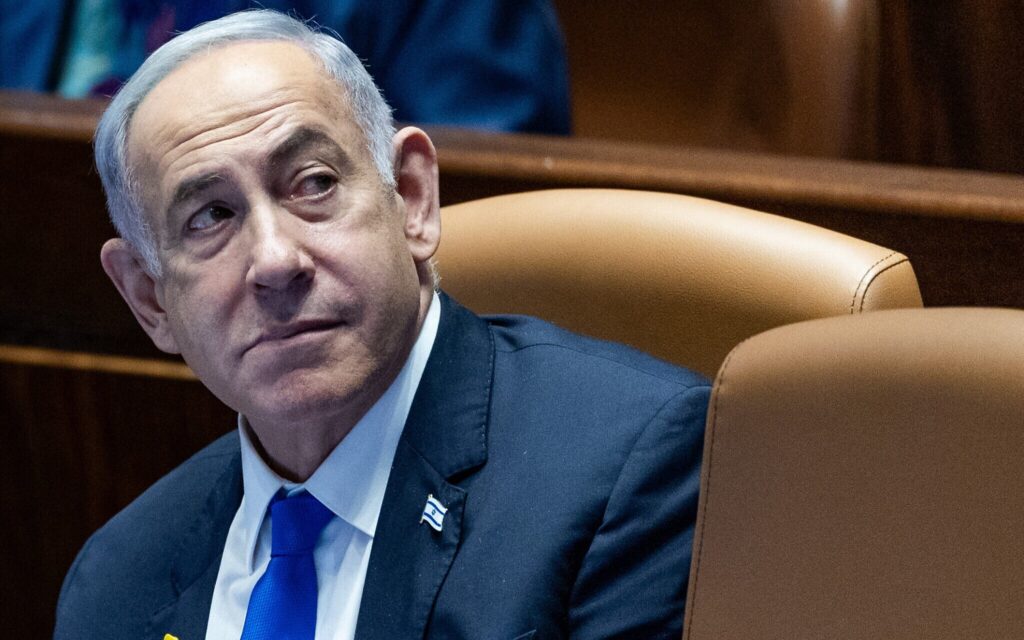
Introduction
Benjamin Netanyahu is one of the most prominent and controversial figures in Israeli politics. First elected as Prime Minister in 1996, he has played a critical role in shaping Israel’s domestic and foreign policies for over two decades. His tenure has been marked by significant events and decisions that have deeply influenced the region and the state’s relationship with the world. As tension rises in the Middle East with recent conflict and political shifts, understanding Netanyahu’s role is more important than ever.
Political Career
Benjamin Netanyahu was born on October 21, 1949, in Tel Aviv. He served in the Israel Defense Forces and later attended Massachusetts Institute of Technology, where he earned degrees in architecture and management. Entering politics in 1988, he quickly rose through the ranks of the Likud Party, eventually becoming the youngest Prime Minister of Israel in 1996 after leading his party to victory.
After serving a single term from 1996 to 1999, Netanyahu faced backlash over various issues including the peace process with the Palestinians. His political comeback came in 2009 when he was re-elected, and he has since maintained power through subsequent elections. His leadership has often centered around security concerns and a hardline stance against Iran and Palestinian militant groups.
Current Events
As of October 2023, Netanyahu’s government is navigating a complex political landscape characterized by protests and civil unrest over proposed judicial reforms. Weighing public opinion against potential risks, Netanyahu’s administration is trying to balance justice and security while dealing with international scrutiny. His leadership style, often described as assertive, has drawn both support and criticism, significantly affecting Israel’s stance in peace negotiations and international relations.
Conclusion
Benjamin Netanyahu’s influence on Israeli politics and global diplomacy cannot be overstated. The current sociopolitical turmoil underscores his contentious leadership and the divisions within Israeli society. As his government addresses internal challenges and international pressures, the future of his policies and their repercussions on Middle Eastern relations will be crucial. Readers should remain informed about Netanyahu’s decisions as they continue to impact Israel and the broader geopolitical landscape.



